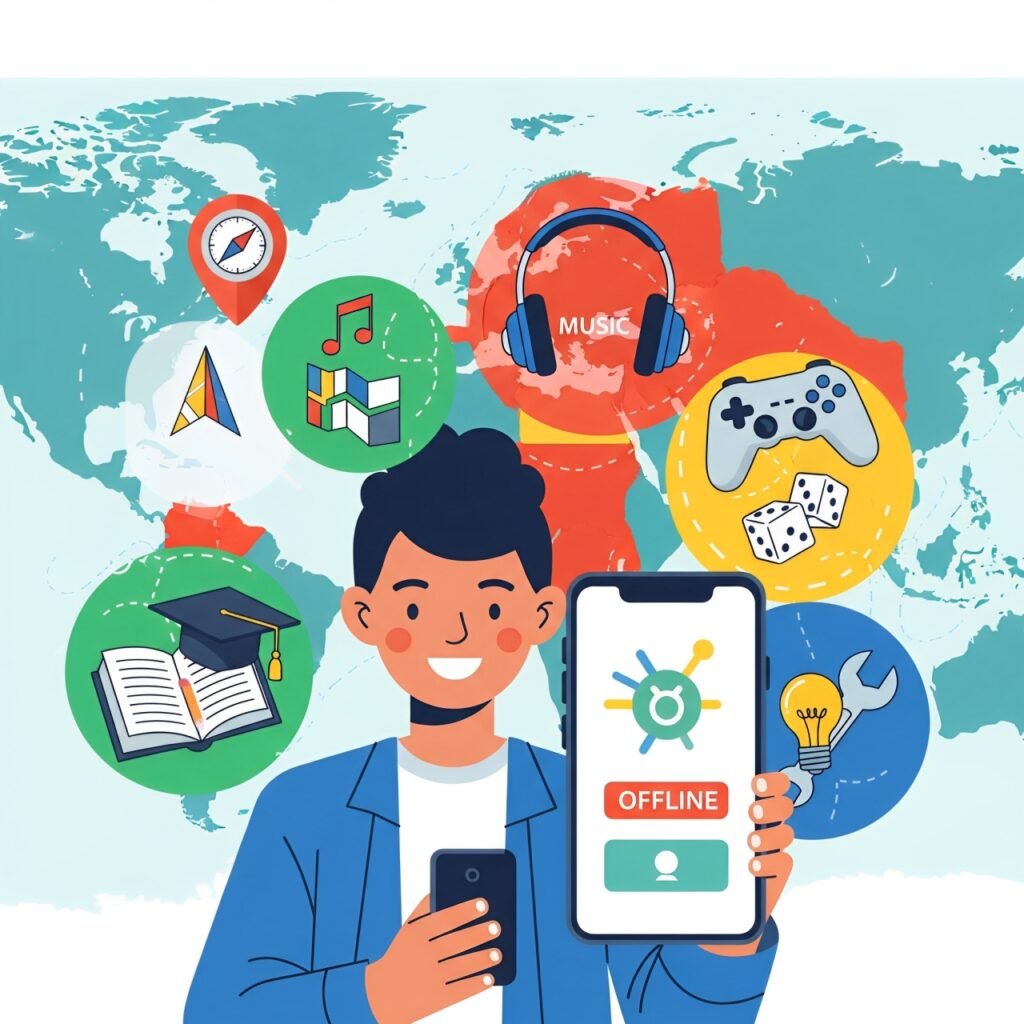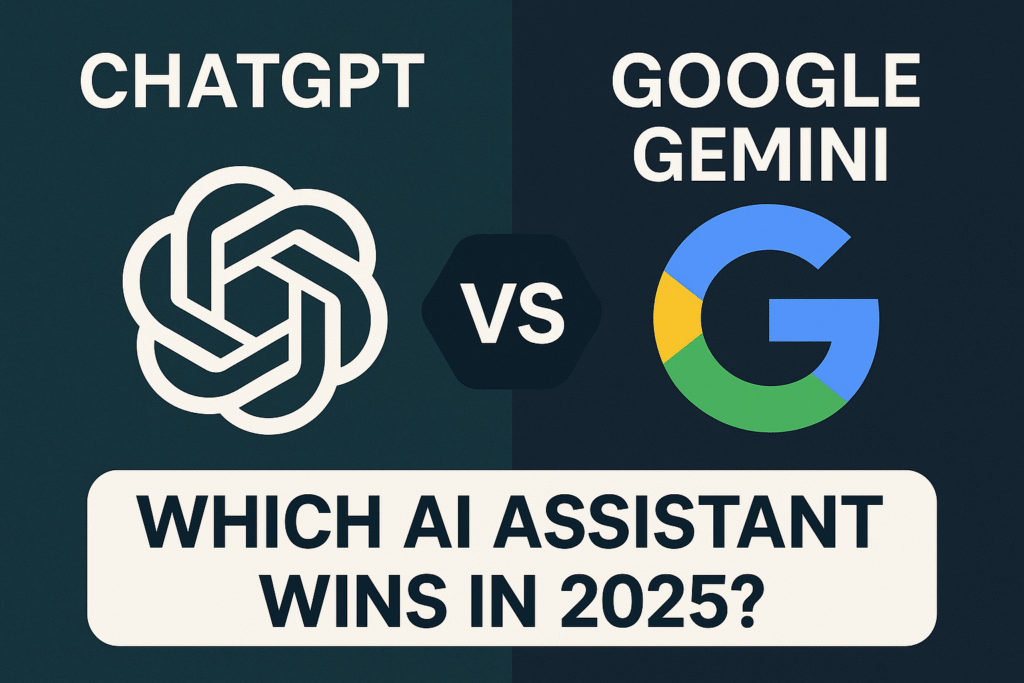In our increasingly digital world, daily pressures can feel overwhelming. However, a quiet revolution for inner peace is happening right on our smartphones. The rise of mental wellness and meditation apps offers a new, accessible way to manage our well-being. These tools have grown from a small niche into a major force in mental healthcare. They provide destigmatized support for anyone looking to navigate modern life’s challenges. Consequently, millions now use apps like Headspace and Calm to reduce stress, sleep better, and build emotional strength. This shift puts powerful resources directly into our hands.
The Science: Do Mental Wellness and Meditation Apps Really Work?
The sudden popularity of these apps has rightly led to scientific questions. Fortunately, a growing body of research suggests these digital tools are effective. Studies show that using mindfulness apps regularly can lead to major reductions in stress, anxiety, and depression. For example, some research indicates that consistent use can even change the brain’s structure. This may lead to long-term benefits in how we manage emotions and focus our attention. These findings highlight the real potential of mental wellness and meditation apps.
Furthermore, major reviews support their benefits. A review of studies on Headspace and Calm found positive outcomes. Headspace use, for instance, was linked to improved depression symptoms in 75% of the studies that measured it. While results for other areas like stress and anxiety were mixed, many studies still showed significant improvements. Similarly, a broad review of mental health apps concluded that those targeting anxiety and depression are very promising. It is important to remember, however, that these apps are not a substitute for professional therapy, especially for severe conditions. They are most effective as a supportive tool or a first step toward better mental health.
Your Guide to the Best Mental Wellness and Meditation Apps in 2025
The market for mindfulness apps in 2025 is incredibly diverse, offering something for everyone. Whether you need broad support or help with a specific issue, there is an app for you. Many of these sophisticated platforms on your smartphone provide unique features. Exploring the landscape of mental wellness and meditation apps can help you find the perfect fit for your personal journey.
The Market Leaders: Calm and Headspace
Calm and Headspace remain the two giants in this space, each with a distinct style. Calm is famous for its massive library of content focused on relaxation. This includes guided meditations, calming music, and its popular “Sleep Stories,” often read by celebrities. Its main goal is to help you relax and get better sleep. On the other hand, Headspace is celebrated for its structured, easy-to-follow meditation courses. It excels at helping beginners build a consistent practice. The app covers topics from stress and anxiety to focus and self-esteem. Additionally, Headspace has introduced new features, like an AI companion tool named “Ebb” that gives personalized recommendations.
Beyond the Big Two: A World of Specialized Support
While Calm and Headspace are excellent, many other apps offer specialized help. This variety ensures users can find the right tool for their specific needs.
- For Community: Insight Timer is a fantastic option if you crave connection. It offers a huge library of over 200,000 free guided meditations from thousands of teachers. Its strong community features, like live events and discussion groups, make users feel less alone.
- For Data-Driven Insights: Moodfit helps you understand your emotional patterns. You can track your mood, journal, and engage in cognitive behavioral therapy (CBT) exercises. It also connects with fitness apps to show how physical activity affects your mental state.
- For Immediate Help: Wysa and Rootd provide support in critical moments. Wysa is an AI chatbot that uses therapeutic techniques to help you talk through your feelings. Rootd is specifically made for panic attacks, offering a “panic button” for instant relief.
- For Access to Therapy: BetterHelp and Talkspace bridge the gap between self-help apps and traditional therapy. These platforms connect you with licensed therapists for virtual sessions via text, phone, or video.
Key Features of Modern Mental Wellness and Meditation Apps
Today’s mental wellness and meditation apps offer a versatile toolkit designed for the modern mind. They come packed with features to support every aspect of your emotional health. This variety allows you to build a personalized routine that works for you. From five-minute breathing exercises to in-depth courses, these apps provide flexible and powerful options.
- Guided Meditations: This is the core feature of most apps. You can find sessions for specific goals like reducing stress, improving focus, or finding happiness.
- Sleep Aids: Many apps have extensive libraries of sleep stories, relaxing music, and soundscapes. These are designed to help you unwind and fall asleep more easily.
- Breathing Exercises: These simple, guided techniques offer a quick and effective way to calm your nervous system and manage stress in the moment.
- Mood Tracking: Journaling and mood-tracking features allow you to monitor your emotional state over time. This helps you identify patterns and understand your triggers.
- Educational Content: Beyond practice, many platforms offer articles, videos, and courses. They teach the science behind mindfulness, positive psychology, and other wellness topics.
The Power of a Personalized User Experience
A key reason for the success of mental wellness and meditation apps is their focus on personalization. You can tailor your experience by choosing meditations based on your mood, time, or goals. This customization is vital because everyone’s path to well-being is different. Moreover, the user interface and experience are crucial. Leading apps feature beautiful, intuitive designs that create a calming environment. Simple layouts and easy navigation are essential, as they prevent overwhelming users who are already feeling stressed. Options like choosing a favorite teacher or background sound give you a sense of control and keep you engaged in your practice.
Conclusion: A New Frontier for Accessible Mental Healthcare
In conclusion, mental wellness and meditation apps have proven to be a valuable resource in today’s world. With solid scientific evidence backing their effectiveness, they empower people to take an active role in their well-being. The continuous innovation in features and personalization makes these tools even more powerful. While they should not replace professional help when it is needed, these apps offer an accessible first step for many. They provide a promising way to build a healthier, more mindful life. As technology advances, the potential for these apps to offer impactful support is a bright frontier for global health and happiness.

